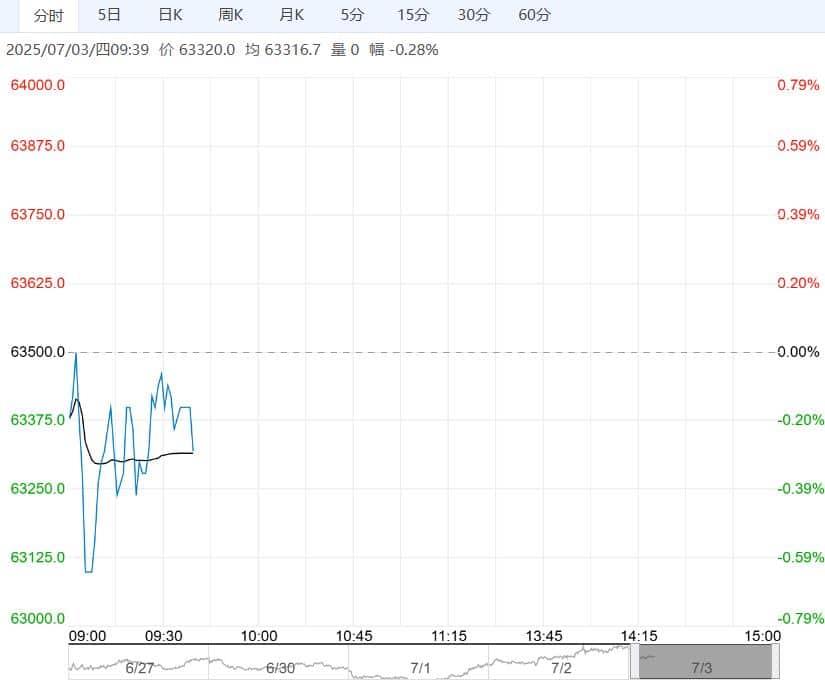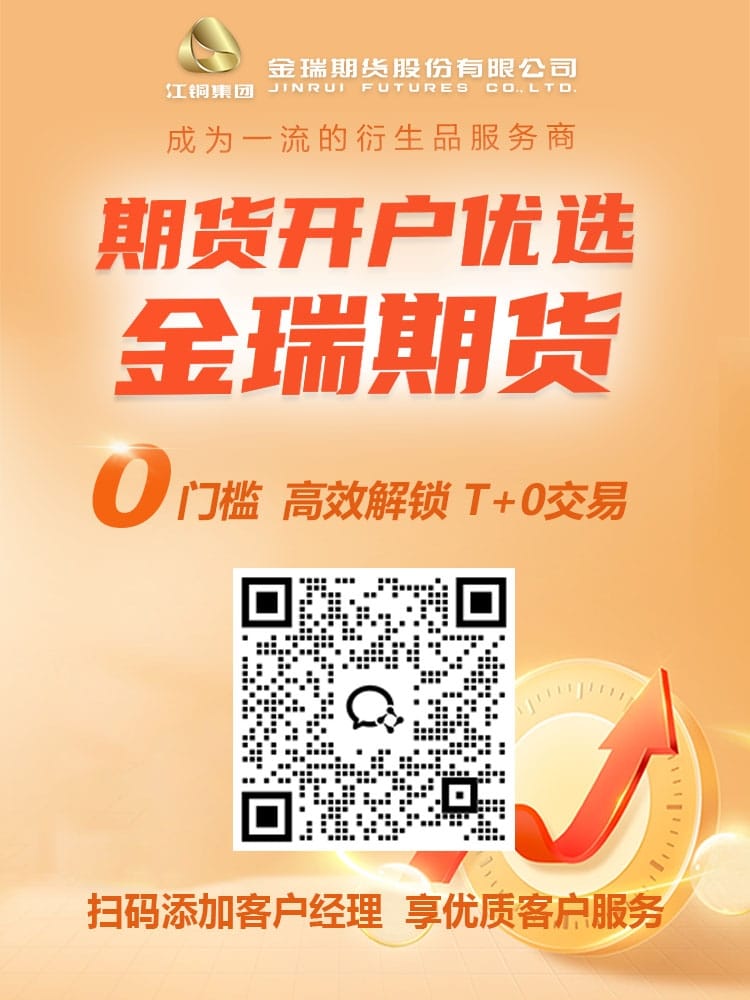TMTPOST -- Customers in China may have to wait until the end of this year to enjoy Apple Intelligence, Apple Inc. 』s advanced personal artificial intelligence (AI) system, and the iPhone maker could also have to delay the launch of its thinnest smartphone in China.

Credit:Apple
Multiple media outlets said Apple would announce an all-new slimmer model of the iPhone, dubbed iPhone Air along with other iPhone 17 models at an event on Tuesday. But the rumored device, which was said to at roughly 5.5 millimeters thick as Apple』s thinnest iPhone, appears more likely a sales thesis.
While the iPhone 17 Pro and Pro Max are expected to be a key point at Apple』s big event on Tuesday, the iPhone 17 Air won』t be the right purchase for most customers, Bloomberg tech reporter Mark Gurman said on Monday.
Part of the main reasons that iPhone 17 Air can not hit the worldwide markets on the horizon are serious drawbacks, like shorter battery life and a single rear camera in an age of beefier batteries and phones with upwards of three lenses., according to Gurman』s report.
Gurman also pointed out another issue with the device is that eSIM only will make it hard to sell in mainland China.」 I wouldn』t be surprised if the release is limited or staggered there until Apple and the carriers figure that out,」 said the reporter.
Apple is still working hard to bring Apple Intelligence on China, though the rollout could get delayed again, Gurman reported, noting Apple』s plan hit snags due to regulatory hurdes in China as well as concerns from US government officials about the plan.
It was said that Apple now plans to launch the AI functionality before the end of the year — with the software included in iOS 26.1 or iOS 26.2. Apple』s employees in China are reportedly testing the AI features and continuing working with Alibaba and other Chinese partners on the release.
The Information reported in February that Apple started working with Alibaba to offer AI features on its devices such as the iPhone in China. The report suggested the partnership made significant progress as two companies have submitted the AI features they co-developed for regulatory approval.
Alibaba Group Chairman Joseph Chung-Hsin Tsai later that month confirmed his company is joining hands with Apple to offer AI features on iPhone in China. 「Apple has been very selective, and talked to a number of companies in China. And in the end, they choose to do business with us. They want to use our AI to power their phones,」 Tsai said.
A Bloomberg report the same month said Apple aimed to bring AI features to China by the middle of the year or as soon as May. Apple mainly relies on two Chinese partners to achieve its goal in the face of regulatory setbacks: Alibaba and Baidu, according to the report.
Alibaba has played a role in creation of an on-device system that can analyze and modify Apple』s AI models for iPhone, iPad and Mac users in China, per the report. Through Alibaba software as a layer atop Apple』s own on-device AI models, the system will filter and censor the AI output to ensure that it complies with the Chinese government』s requirements. Alibaba will ask Apple to make changes to AI models under the direction of the government if any prohibited content is found in the information delivered to users.
The report noted the new AI system is tailored specifically for the Chinese market, so customers who buy an iPhone outside China and bring it to the country wont』s make use of the system.
Baidu, as a secondary partner, will power other AI features such as Visual Intelligence, for which the current Apple Intelligence available in U.S. relies on Google and OpenAI, according to the report. It suggested Baidu may replace OpenAI with the ChatGPT-like integration in Siri digital assistant.
In case of some more complex tasks, Apple Intelligence now resorts to external servers to process requests in a system what Apple calls a Private Cloud Compute. In China, Apple may rely on AIPO Cloud (Guizhou) Technology Co. Ltd (GCBD) to handle the process such AI processing, per the report. The state affiliate has already operated iCloud for the mainland China market.




























